

Matt Campbell
2025 Porsche 911 Carrera T review
5 Days Ago
General Motors is aiming to increase range and decrease costs with its next-generation batteries, and it's looking at solid-state technology.

News Editor
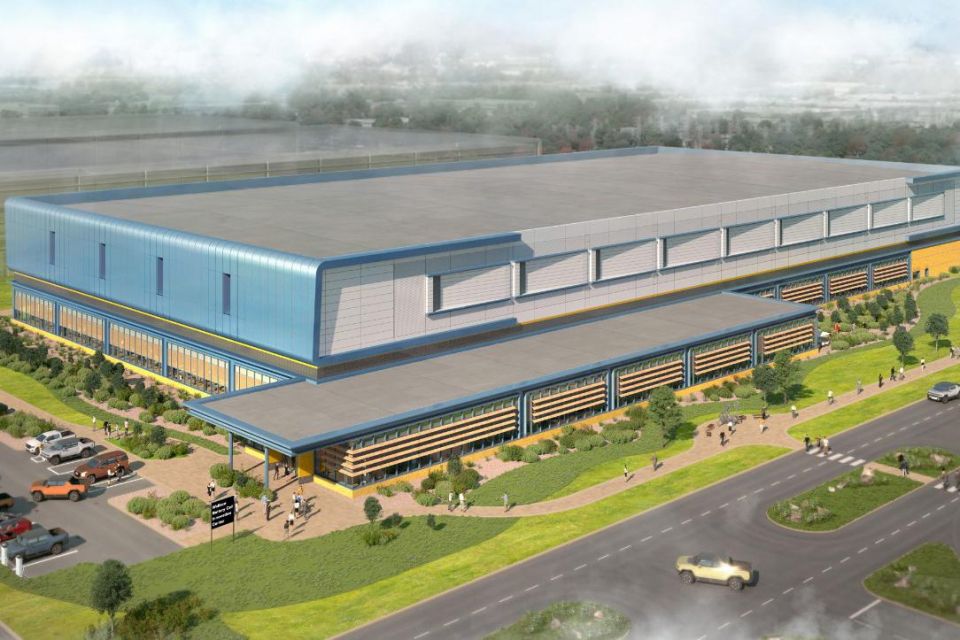

News Editor
General Motors is opening a new battery facility that’ll work on lithium-metal, silicon and solid-state batteries.
The Wallace Battery Cell Innovation Center, located on the campus of GM’s Global Technical Center in Warren, Michigan, is part of a more than US$5 billion (A$6.86b) investment in batteries in the USA.
It’ll be completed by mid-2022, and GM is projecting it’ll grow to at least three times its initial footprint as demand for electric vehicles increases.
The factory will build its first prototype cells in the fourth quarter of 2022 and will be capable of building large-format, prototype lithium-metal battery cells that could be as large as 1000mm, nearly twice as large as the initial Ultium pouch cells.
It’ll build batteries with energy density from 600 to 1200 watt-hours per litre.
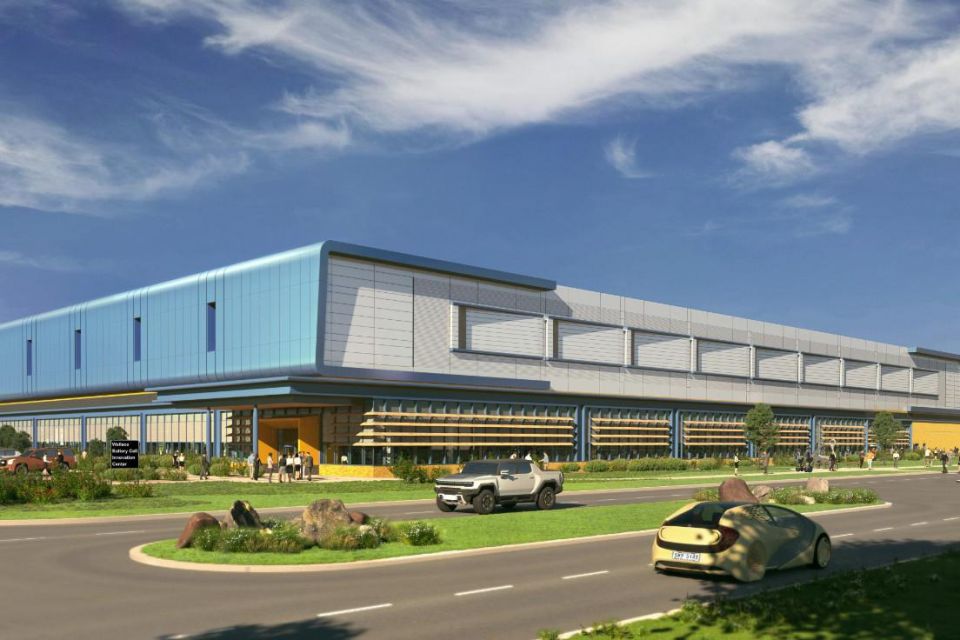
The company says the facility will allow it to accelerate new battery tech like lithium-metal, silicon and solid-state batteries and production methods it can quickly deploy at its battery cell manufacturing plants.
It currently has joint ventures with LG Energy Solutions in Lordstown, Ohio and Spring Hill, Tennessee. It also said it may deploy these methods and technologies at “other undisclosed locations in the US”.
GM is targeting 60 per cent lower battery costs with its next generation of Ultium batteries, and future products could offer up to 965km of range on a single charge.
The facility is named for Bill Wallace, the former director of battery systems and electrification at GM who led the team that designed and released the battery systems in the Chevrolet Bolt, Volt and Malibu Hybrid.
He led the team until his death from cancer in 2018.
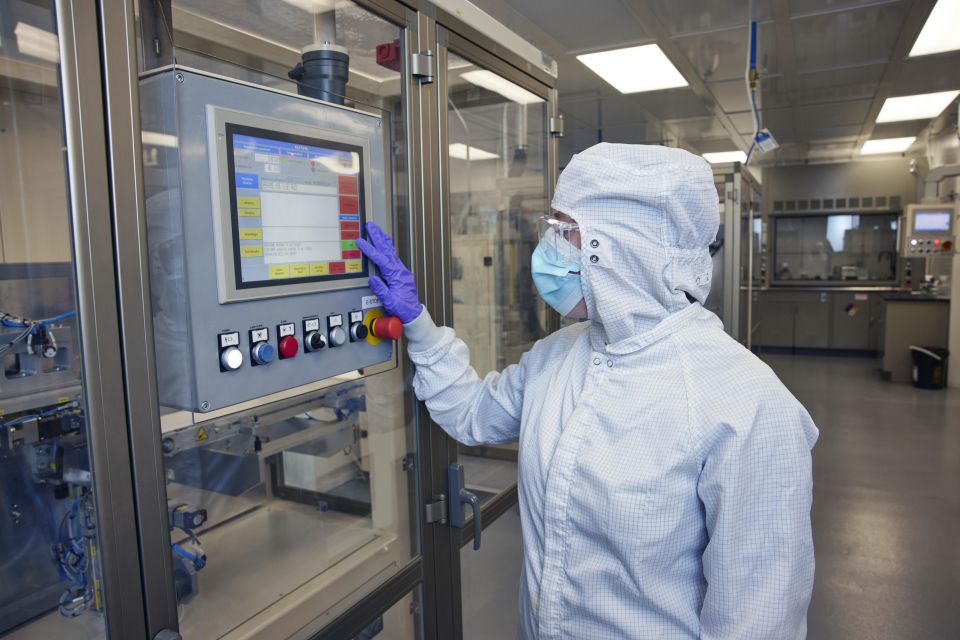
GM isn’t the only company looking at solid-state batteries.
Since 2020, Toyota has been testing vehicles equipped with solid-state batteries, which it’ll first use in hybrid vehicles.
It’s starting with hybrids as it’s quicker and easier to get them into production in hybrids, which the company has been producing for decades, and so it can get customer feedback before it rolls them out into its upcoming electric vehicles.
It says a short service life is the primary concern with the batteries, and is therefore continuing its development of solid electrolyte materials.
BMW and Ford are also developing the technology, having both invested in a US start-up called Solid Power that specialises in solid-state batteries.
Hyundai has also invested in this company previously.
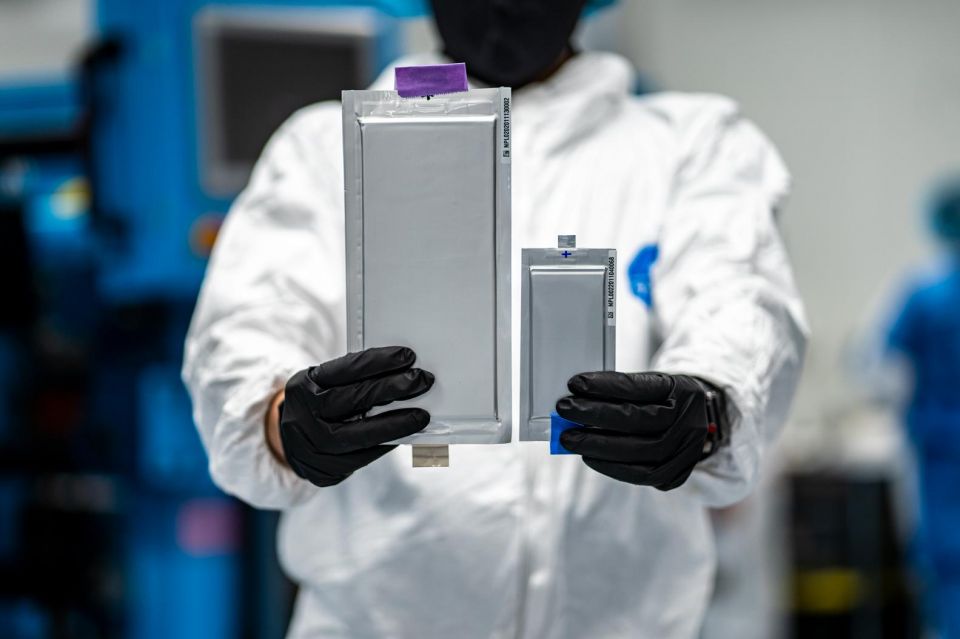
“It’s easy to produce one solid-state battery but to make it last for the lifetime of the vehicle, the technology’s not ready yet, and we see it’s still some years out,” said Darren Palmer, Ford’s general manager for battery-electric vehicles.
“So we’ve invested in companies to do that, to make sure we’re ready to bring that on board and we’re tooling up our plants to be flexible to be able to do that as well.”
Ford says solid-state batteries will allow it to increase range, improve interior packaging, and lower costs.
Solid Power says its battery tech can deliver 50 per cent more energy density than current lithium-ion battery units.
In December 2020, Volkswagen-backed company QuantumScape announced it will have its solid-state batteries ready for production in 2024.
William Stopford is an automotive journalist based in Brisbane, Australia. William is a Business/Journalism graduate from the Queensland University of Technology who loves to travel, briefly lived in the US, and has a particular interest in the American car industry.


Matt Campbell
5 Days Ago


James Wong
4 Days Ago


Max Davies
3 Days Ago
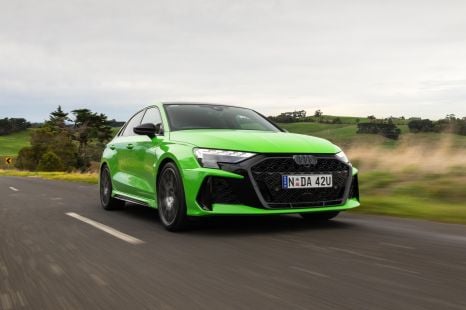

Josh Nevett
2 Days Ago
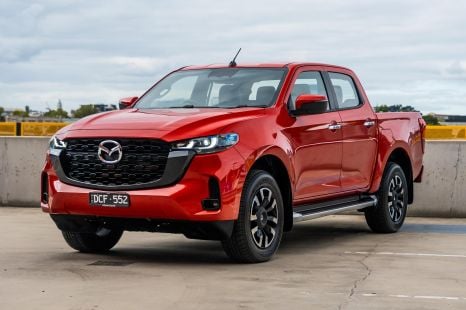

Josh Nevett
1 Day Ago
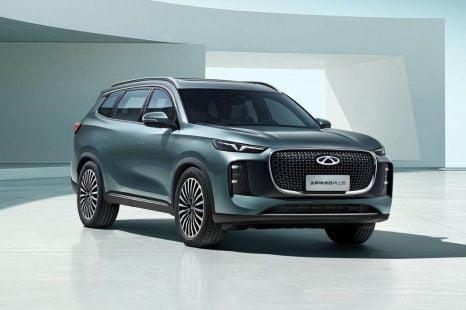

William Stopford
11 Hours Ago